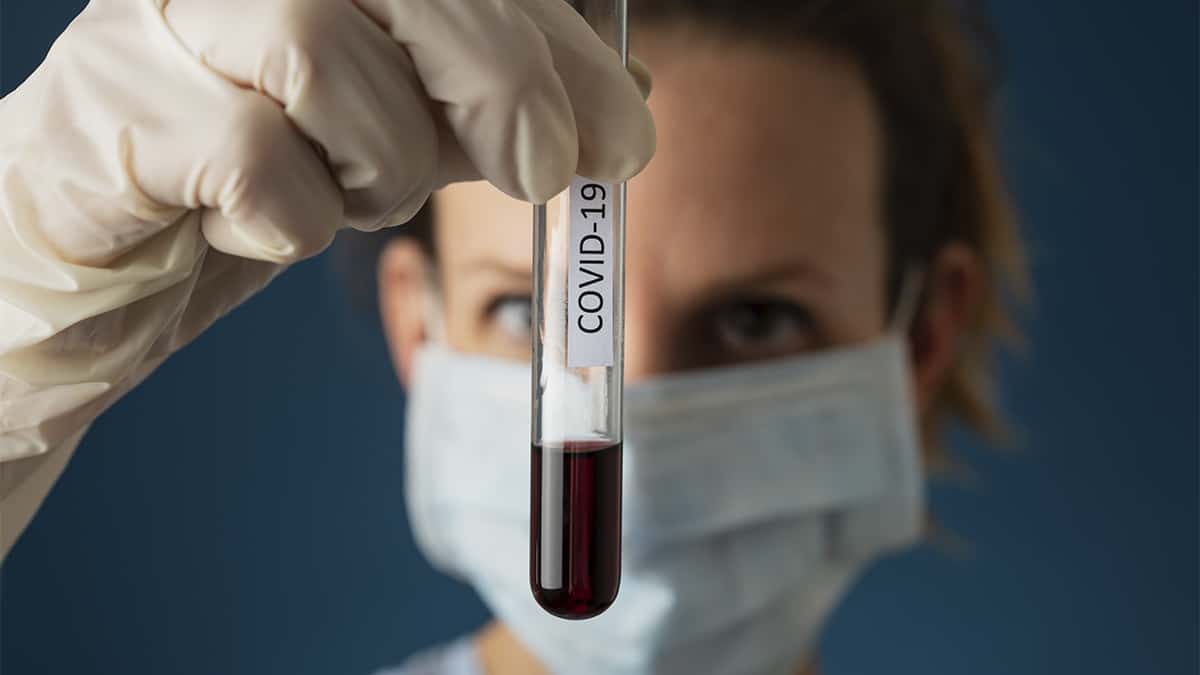In the face of the Delta variant of novel coronavirus and increasing evidence of the need for booster shots, Waterloo Region will make third doses available to anyone who might be considered high-risk individuals or immunocompromised, the likes of those living in long-term care homes or undergoing cancer treatment.
“We all want the same thing for our community to be open and stay open. We are all in this together, learning to manage COVID-19 in our lives as our community recovers,” said regional Chair Karen Redman at the weekly pandemic briefing August 20, stressing the importance of getting vaccinated.
“Our community deserves a huge thank you for their part in getting vaccinated. I want to particularly acknowledge the uptake in youth –thank you to everyone in our community for taking this seriously.”
Dr. Hsiu-Li Wang, medical officer of health, stressed a number of issues during the briefing.
“First key message, case rates: hospitalizations and outbreaks in Waterloo Region continue to remain stable at this time. Two, in our local case data we continue to see full vaccination provides a strong protection against COVID-19 and severe outcomes. Three, if you haven’t gotten your first dose, it’s not too late. Four, if you haven’t gotten your second dose, don’t delay – get your second dose as soon as you are eligible.”
Case rates in the region currently sit at approximately 22 cases per 100, 000 per week. Rates across Ontario are still rising but remain relatively low while we keep entering Step 3 of Ontario’s reopening plan.
“Locally, for all COVID-19 cases since May 1, 72 per cent of cases were not vaccinated, 24.7 per cent were partially vaccinated or not yet fully vaccinated or not yet fully protect by their vaccination; 3.3 per cent were fully vaccinated. The majority of hospitalizations, 71.6 per cent, were in individuals who were not vaccinated, 23.9 per cent were impartially vaccinated individuals or those who are not yet protected by their vaccine. 4.6 per cent of hospitalizations were in fully vaccinated persons. Of reported deaths in our communities since May 1, 76.5 per cent were not vaccinated, or were not yet protected by their vaccination,” said Wang.
Wang also noted that most reported COVID-19 deaths in the community are mainly in relation to seniors, as they continue to be the most vulnerable to the virus.
At midweek, 85 per cent of Waterloo Region residents over the age of 12 had received at least one dose of a vaccine, with 77.6 per cent fully immunized. Pfizer continues to be the favourite vaccine with over 509, 000 doses administered. Moderna only has around 128, 000 doses administered within the region.
The next stop for the region’s mobile vaccination bus in the area is Saturday from 9 a.m. to 1 p.m. at the St. Jacobs Farmers’ Market.
Greg Durocher, CEO of Cambridge Chamber of Commerce spoke at the region’s update session about the businesses in our community’s reopening struggles, some of which are caused by a shortage of workers.
“Right now, the biggest problem for businesses is really finding talent. We are struggling dramatically in the business world, trying to find people to fill certain roles and functions. In fact, were looking to immigration agencies now to try to fill some of the vital positions that are required as businesses start to open more; part of the problem with that is it’s a double-edge sword: there’s not enough opening for businesses to be really secured in their financial future but there’s not enough people for there to be further openings,” he said.
At midweek, there were 138 active cases in the region, up one from a week earlier. Officials are monitoring outbreaks in six locations, up from four at the same point last week. One person succumbed to the disease in the past week, bringing the total to 288 since the pandemic began.
The numbers are lower in neighbouring Wellington-Dufferin-Guelph, with the midweek total at 55 active cases, up from 33 a week earlier. There have been a total of 126 fatalities since the pandemic began, unchanged over the five weeks.
The province continues to see growth in the total number of cases, and at a higher rate than in recent weeks, with the tally now at 560000, up about a 4,000 in the past week.
There have been 9,471 deaths attributed to the virus – up 43 over the week before – representing a mortality rate of 1.7 per cent. The ministry reports 546,113 cases (97.4 per cent) have been resolved.
The latest numbers from Health Canada show 24,671 active cases nationwide, up about 5,000 from a week earlier. The cumulative total of confirmed cases now stands at 1,476,149, with 26,849 related deaths, a mortality rate of 1.8 per cent.









